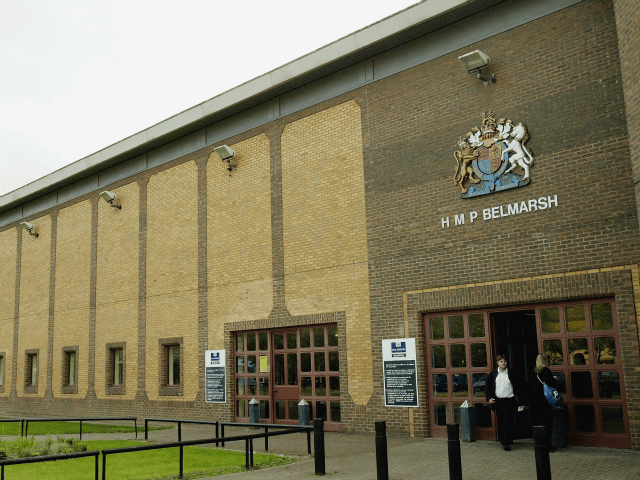The British government is considering a proposal to jail Islamist terrorists in a dedicated, secure, ‘British Alcatraz’ style unit, to the alarm of prison chiefs and counter-terror experts.
If enacted, the plan which is expected to be supported by a review set up by Justice Secretary Michael Gove would see Britain’s 130 convicted Islamist terrorists housed in a single segregated ‘jail within a jail’ unit. Such an idea would, reports The Guardian, overturn a 50-year-old practice of dispersing the most dangerous prisoners in six maximum security jails across the national prison system.
Michael Spurr, the chief executive of the National Offender Management Service, reportedly regards the idea as “the wrong conclusion” for the review being overseen by Ian Acheson, a former prison governor and a senior Home Office official.
The theory behind the new plan was alluded to in a speech given by Prime Minister David Cameron earlier this week. Housing the Islamist terrorists in isolation should prevent them being able to recruit from among the 1,000 or so current prisoners already identified as being at risk of extremist radicalisation. It builds on the example of France where such prisoners have been concentrated in isolation wings to stop them radicalising the wider Muslim prison population as part of a ‘quarantine’ programme.
In his speech on prison reform given to the Policy Exchange think tank, the Prime Minister said:
“We will not stand by and watch people being radicalised like this while they are in the care of the state … And I want to be clear – I am prepared to consider major changes: from the imams we allow to preach in prison to changing the locations and methods for dealing with prisoners convicted of terrorism offences, if that is what is required.”
Professor Peter Neumann of King’s College London’s International Centre for the Study of Radicalisation and Political Violence sounded a note of caution, warning:
“The trade-off is this: you want to separate terrorist prisoners in order to prevent them from radicalising others yet you don’t want to create a focal point for public protests – a ‘British Guantanamo’, however much of a misrepresentation that might be – or provide an opportunity for terrorist prisoners to create (or recreate) operational command structures inside prison that might not have existed outside.”
He added:
“The second point is now more important than ever. With large numbers of ‘lone operators’ who may not be particularly ideological and who have failed to join the command and control structures of groups like [Islamic State], the risk of them connecting with ideological and operational leaders while imprisoned is real. In other words, a policy of concentration may inadvertently help to create the kind of hierarchical organisation that the terrorists found it impossible to create outside.”
The historic example of Northern Ireland’s Maze Prison is the most-cited argument against a dedicated unit for Islamist terrorists. In that prison both republican and loyalist prisoners ended up organising themselves along military lines and running their respective prison blocks. There is, however, a major difference between the prisoners on the 1980s and today’s terrorists.
Professor Neumann’s research shows Irish Republican Army prisoners in English jails did not try to radicalise or recruit “ordinary criminals”, but he says al-Qaida affiliated prisoners “see it as their duty to propagate their faith and political ideology and will consequently exploit whatever opportunities they are offered to approach other offenders and turn them into followers.”
Currently there are six dispersal prisons — maximum security units around which prisoners are moved regularly to stop long-term relationships. Any of Belmarsh in south-east London (pictured), Frankland near Durham, Full Sutton near York, Long Lartin in Worcestershire, Wakefield in West Yorkshire or Whitemoor in Cambridgeshire could be selected as the ‘British Alcatraz’.

COMMENTS
Please let us know if you're having issues with commenting.